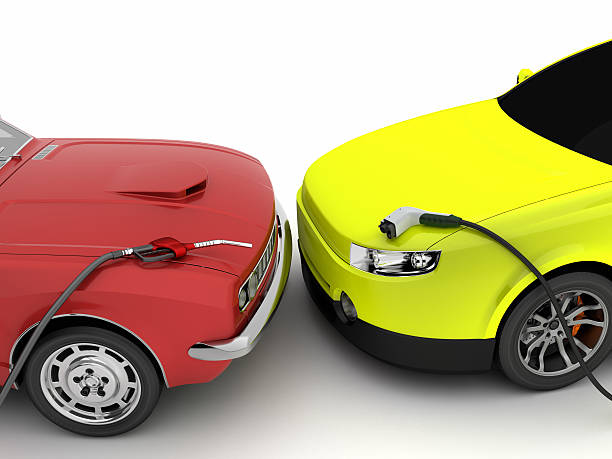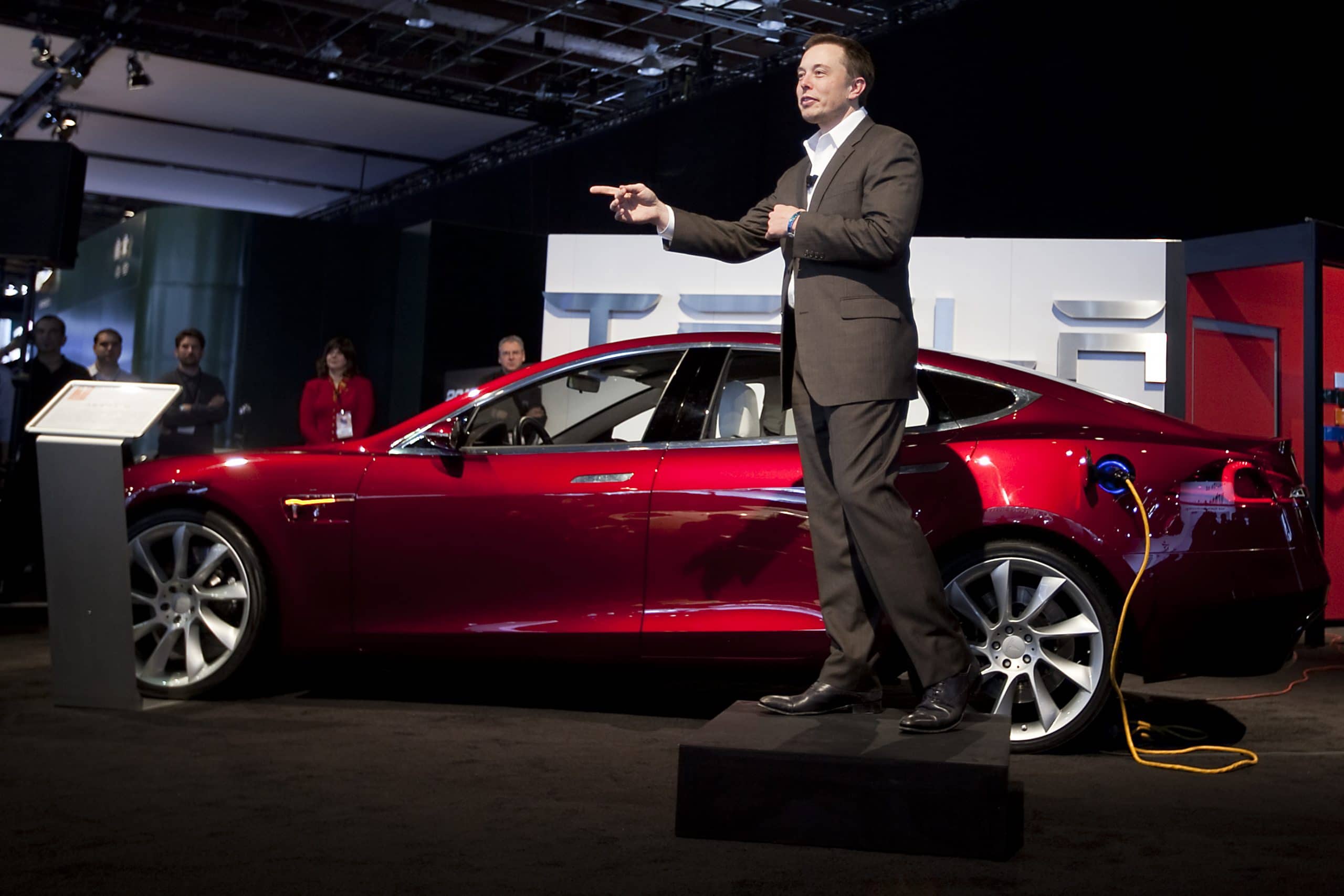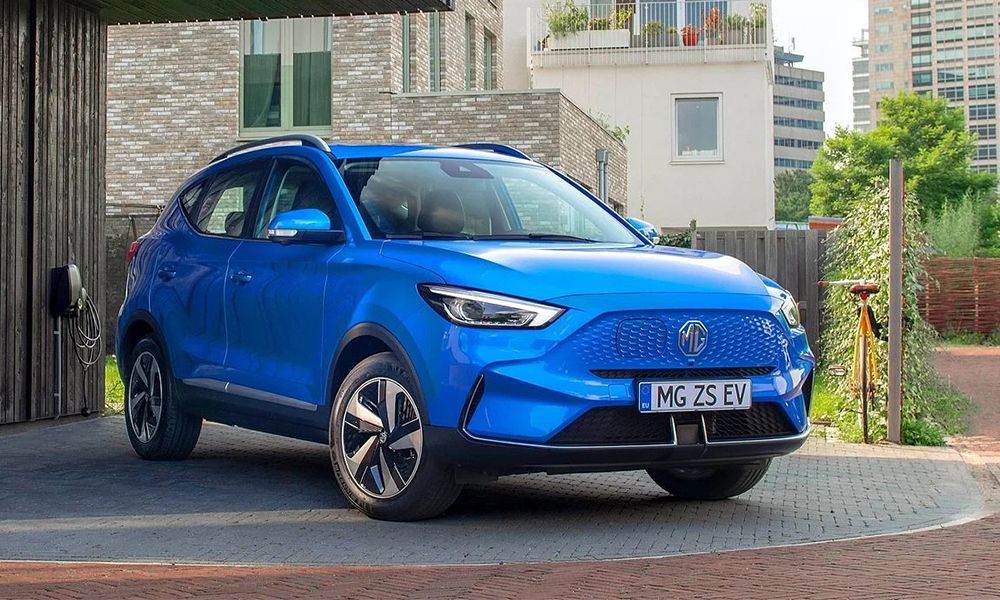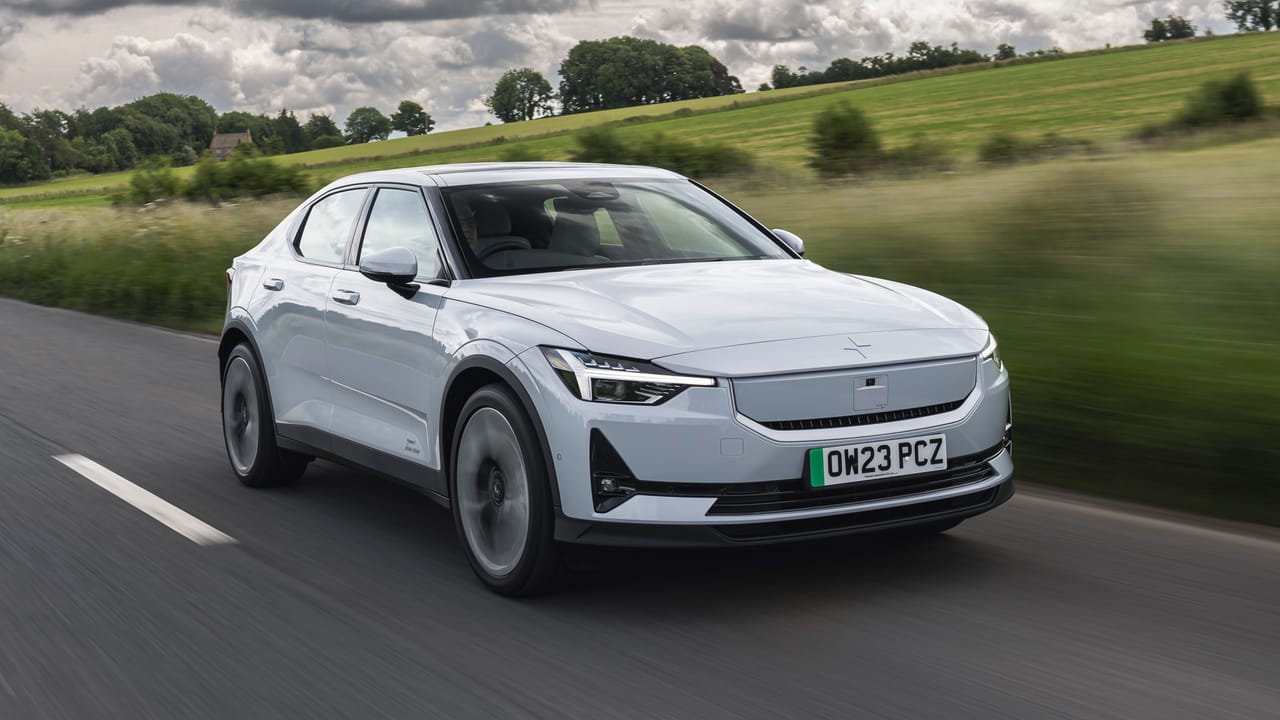As the automotive industry shifts towards sustainable mobility, many buyers are weighing the pros and cons of electric cars (EVs) and petrol cars. While each type of vehicle has its advantages, the decision ultimately depends on your priorities, lifestyle, and budget. Here’s a detailed comparison to help you make an informed choice.
1. Cost of Ownership
| Aspect | Electric Cars | Petrol Cars |
|---|---|---|
| Initial Cost | Higher (₹8–₹25 lakh) | Lower (₹5–₹15 lakh) |
| Running Cost | ₹1–₹2 per km | ₹7–₹10 per km |
| Maintenance Cost | Lower | Higher (engine, oil changes) |
| Subsidies | Available (FAME II, state-level) | Not available |
Key Takeaway:
While electric cars have a higher upfront cost, their lower running and maintenance costs make them more economical in the long run.
2. Environmental Impact
| Aspect | Electric Cars | Petrol Cars |
|---|---|---|
| Emissions | Zero tailpipe emissions | High carbon emissions |
| Energy Source | Renewable potential (solar, wind) | Fossil fuels |
| Government Incentives | Encourages EV adoption | Discourages fuel dependence |
Key Takeaway:
Electric cars are the clear winner for eco-conscious buyers, contributing to cleaner air and reduced greenhouse gases.
3. Driving Experience
| Aspect | Electric Cars | Petrol Cars |
|---|---|---|
| Acceleration | Instant torque, smooth drive | Gradual acceleration |
| Noise | Silent operation | Engine noise |
| Performance | Excellent for city driving | Better for high-speed driving |
Key Takeaway:
Electric cars provide a smoother and quieter driving experience, while petrol cars excel in high-speed and long-distance performance.
4. Range and Refueling
| Aspect | Electric Cars | Petrol Cars |
|---|---|---|
| Range | 200–700 km per charge | 500–800 km per tank |
| Refueling/Charging Time | 30 minutes to 8 hours | 5 minutes at petrol pumps |
| Charging Infrastructure | Growing network in cities | Readily available nationwide |
Key Takeaway:
Petrol cars are more convenient for long-distance travel due to widespread fuel availability, but EV infrastructure is rapidly improving.
5. Maintenance and Durability
| Aspect | Electric Cars | Petrol Cars |
|---|---|---|
| Moving Parts | Fewer (battery, motor) | More (engine, transmission) |
| Maintenance Frequency | Minimal | Regular servicing required |
| Longevity | Battery replacement after 8–10 years | Engine lasts 10–15 years |
Key Takeaway:
Electric cars require less frequent maintenance, but battery replacements can be expensive.
6. Cost Comparison Example
| Parameter | Electric Car (Tata Nexon EV) | Petrol Car (Tata Nexon Petrol) |
|---|---|---|
| Initial Cost | ₹16.49 lakh | ₹8.00 lakh |
| Running Cost (per km) | ₹1.5 | ₹7.5 |
| Annual Running Cost (15,000 km) | ₹22,500 | ₹1,12,500 |
| Maintenance Cost (5 years) | ₹20,000 | ₹50,000 |
| Total Cost (5 years) | ₹18.6 lakh | ₹13.6 lakh |
Key Takeaway:
Despite higher upfront costs, the electric car breaks even with the petrol car in the long run due to lower running and maintenance costs.
7. Government Incentives for EVs
- FAME II Subsidy: Up to ₹1.5 lakh for EV purchases.
- State-Level Subsidies: Reduced road tax and registration fees in states like Delhi, Maharashtra, and Gujarat.
- Income Tax Benefits: Deduction of up to ₹1.5 lakh on EV loan interest under Section 80EEB.
Key Takeaway:
Government incentives significantly lower the effective cost of owning an electric car.
Which Should You Buy?
| Category | Best Option |
|---|---|
| Daily City Commutes | Electric Car |
| Long-Distance Travel | Petrol Car |
| Eco-Conscious Buyers | Electric Car |
| Budget-Conscious Buyers | Petrol Car (initial cost) |
Conclusion
If you prioritize lower running costs, sustainability, and a quieter driving experience, an electric car is the better choice, especially for city driving. However, if you frequently travel long distances or need a lower initial investment, a petrol car remains a practical option.
With EV infrastructure expanding and government incentives in place, the future is electric—but your current needs and budget will ultimately determine the right car for you.




Post Comment